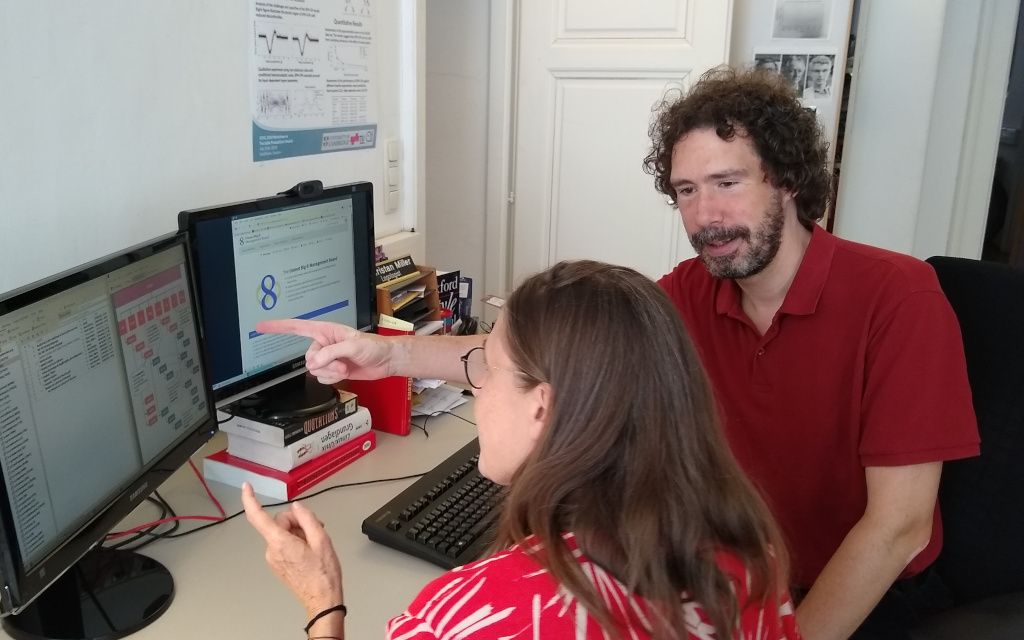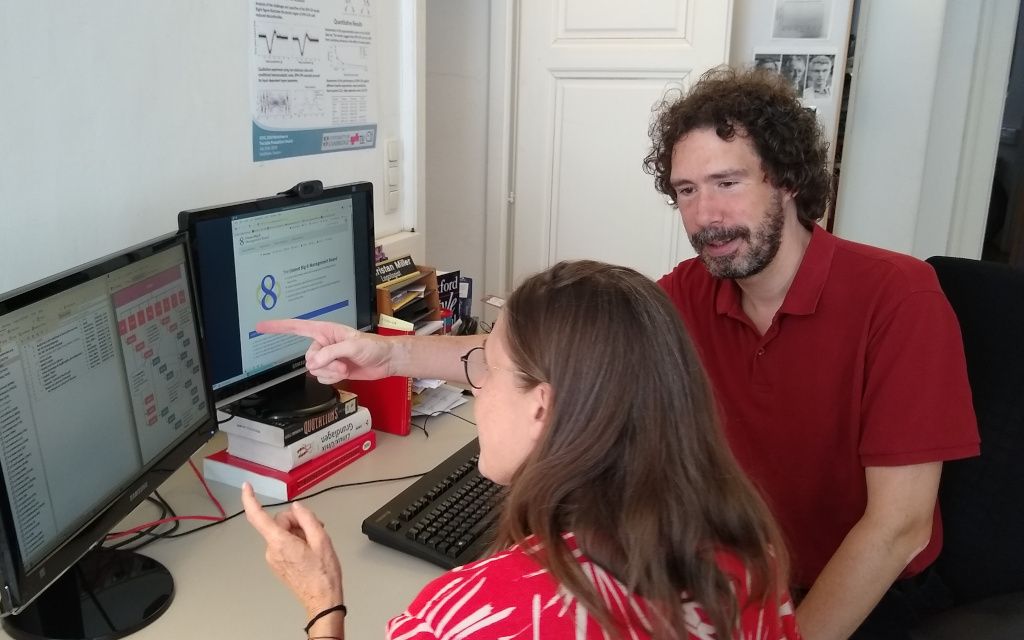New funding for the Net’s oldest discussion network

The Usenet Big-8 Management Board has joined Open Collective
Decades before Facebook and Twitter, Usenet was the Internet’s main platform for announcements, discussions, and chat. The venerable communication network remains active thanks to worldwide volunteers.

Online discourse today is dominated by commercial social media platforms that gather and exploit user information for the benefit of advertisers. Consequently, these platforms tightly control what and how information is presented to users. The Internet was not always like this, however: in the 1980s and 1990s most online conversations took place on Usenet, a global discussion network with no centralized structure, ownership, or control. Usenet’s defining characteristic was that it was operated by and in the interests of its users. Far from being an anarchic Wild West, it succeeded in uniting millions of participants into a functional, thriving online society.
“Usenet’s transparency and lack of centralized control give it important advantages over newer forms of social media. It’s versatile, resilient, and resistant to censorship in ways that Facebook and Twitter can never be.”
Usenet is still around today, and while it has undergone many changes since its launch in 1980, its essential character as a decentralized, ownerless network has remained the same. Much of Usenet’s technical and administrative machinery is kept running by scattered volunteers, some working alone and others in established organizations.
One such organization is the Big-8 Management Board, who administer Usenet’s original, mainstream discussion hierarchies. Founded in 2005, the Board is responsible for creating and deleting individual newsgroups (message forums) and for appointing and replacing moderators. It also assists the non-profit Internet Systems Consortium in maintaining the canonical list of newsgroups for use by Usenet service providers, and supports the development of Usenet software.
The current Board members are Jason Evans, a training engineer based in Prague; myself, Tristan Miller, a scientist at the Austrian Research Institute for Artificial Intelligence in Vienna; and Rayner Lucas, a London-based programmer. Since starting their terms in 2020, the trio have been working hard to restore and modernize essential infrastructure and have stepped up public outreach efforts to promote Usenet.
“While Usenet is important as a piece of our Internet heritage and history, it also has a future,” says Evans. “Even as social media and Web-based discussion forums have become prominent, Usenet still has a surprising amount of activity.”
For Miller, a Usenet user for over 30 years, the network still has much to offer: “Usenet’s transparency and lack of centralized control give it important advantages over newer forms of social media. It’s versatile, resilient, and resistant to censorship in ways that Facebook and Twitter can never be.”
In June 2020, a new website was launched for the Board and in August the Board members took over maintenance of GNU STUMP, Usenet’s most popular moderation software. Board members have also organized talks and tutorials aimed at rekindling interest in Usenet, including presentations at the 7th Annual Hackers Congress and the 2020 openSUSE + LibreOffice Conference.
In March 2021, the Board joined Open Collective as a means of making its financial activities transparent, in order to connect with likeminded initiatives, and to provide a means of processing donations from the public. Funding is being used to pay for the Board’s hosting bills, to support development and maintenance work on STUMP, and to cover expenses associated with outreach activities.
The Board’s renewed activity is already paying off, with users now emerging to propose new discussion groups, fill vacant moderatorships, and help modernize the STUMP codebase. “It’s an exciting time to be part of Usenet,” says Lucas. “Our aim in reviving the Board was not just to help preserve Usenet but to see it grow again. I think we’ve been laying a good foundation for that growth.”
Learn more about the Usenet Big-8 Management Board Collective.

